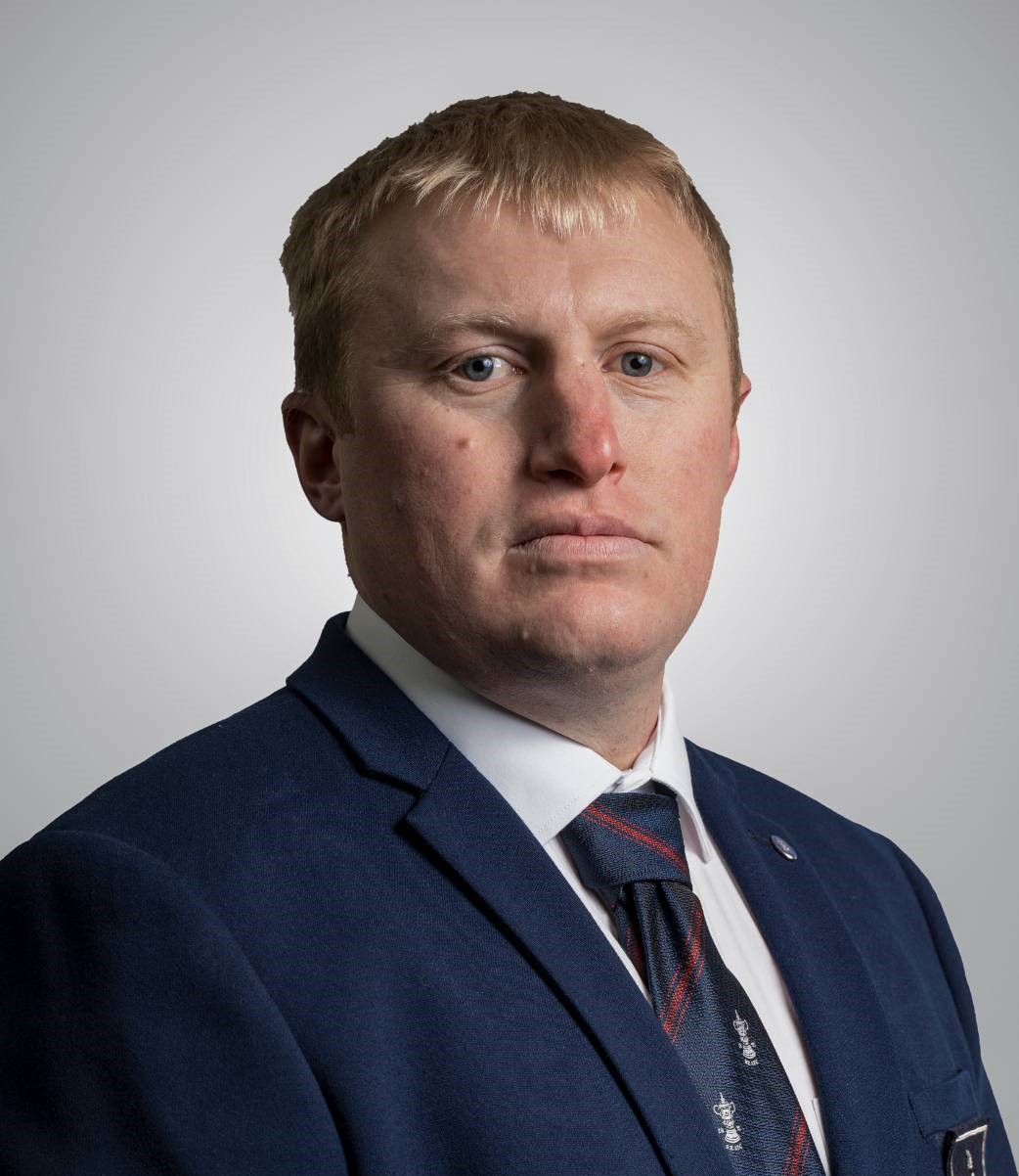
Bruce Harper served in the Royal Engineers, for over 13-years, leaving as a Corporal in 2023. Bruce advised: “I was a Section Commander, responsible for a team of 8. My role was team leader, taking instruction from my manager and delivering a result to a standard in a set time frame. I was also responsible for the welfare and wellbeing of my team, as well as training and mentoring them to progress in their own careers. On a typical day was I would meet my team and discuss what was planned for that day, when deployed away from camp, this often meant small to medium size taskings incorporating our vast array skills and capabilities. At unit, this would likely be training for upcoming deployments or personal development for individuals to hone their own skills in preparation to promote to the next rank.
Whilst serving key skills I gained include: leadership- understanding the bigger picture from senior management and having the motivation to get the task done regardless of conditions and unmotivated team members. Being able to show team members I’d never ask them to do things I wasn’t prepared to do myself. Problem solving- utilising all my skills or using a SME within my team to formulate a plan and find a solution to take back rather than just saying it can’t be done. Interpersonal skills- developed from experience and courses attended. I utilised this to build bonds with my teams and know how to spot changes in people, often leading to uncomfortable conversations with the person, then helping to find a solution or signpost to get help and support. Time Management- learnt from experienced managers and absorbed as must of the wisdom they would impart on me to develop my own style and techniques.
I am now an Billable Works Manager (Project Manager) at Amey Defence services. I secured this role via BuildForce who allocated me a mentor at Amey and connected to them for roles. From there, I was contacted by my new boss, we chatted, arranged an interview, and luckily got offered the job. Very fortunate. Interms of what helped most friends ahead of and their advice from their own resettlement, and outstanding personnel such as Caroline and Angela who regularly checked in on me and pushed me on when I doubted myself. Main challenges during this period, were finding the right balance as I’d lived unaccompanied for a long period and didn’t want to work away again. Then it was finding a salary that could give my family a better life, especially as we looked to extend our house to give our kids their own bedrooms. I was fortunate that my military seniors gave me great support and I was proactive in connecting with veteran programmes such as BuildForce early. Some people need to get their head out the sand and go and source this support and get ahead. Take every opportunity given to you. Understand it’s your resettlement/ transition and nobody will do it for you.
With regards to the new role, I project manage the upgrade of military accommodation. This involves working with suppliers and contractors to deliver high quality works for forces personnel. I am responsible for health and safety, quality assurance and compliance. A typical day includes arriving on site at approx. 0830hrs. I meet both Site Managers and discuss any issues from the previous day and what their plans are for the day ahead. I will check emails and action appropriately. Then I will take each Manager for a site walk/talk and get more detail. I will be actively looking for any H&S concerns and conduct assurance checks when required.
Skills I rely on, in my day job, are interpersonal skills serve me best, it gives me the ability to speak to any individual, whether it’s the Project Director or a new labourer. The fundamentals are the same, treat everyone with respect and understand how you need to present yourself. The other skill used is communication at all levels. As a middle manager I must deliver information to contractors subbing to me and report progress to higher management. All are done with precision and integrity (we take for granted the standards we expect day to day).
Advice I would give is to exploit every opportunity going, get your CV sorted early, get it out there and be able to back it up with a good interview. Utilise LinkedIn and programmes that support veterans. Ring BuildForce, you will get feedback and interaction. Be proactive, no one will do it for you now. Make a plan and stick to it but have contingency available. It’s not so bad out on “Civi Street”.
Three words I would you use to describe a career in the construction industry is busy, fulfilling with opportunities. And to describe a Veteran, I would say intelligent, organised and dedicated.”